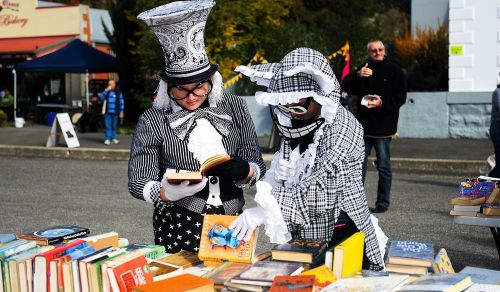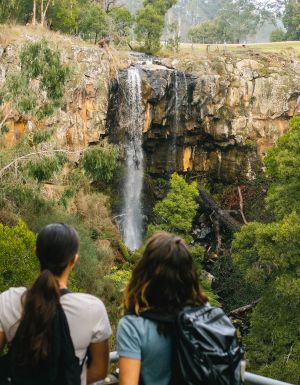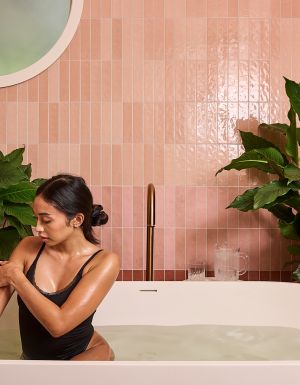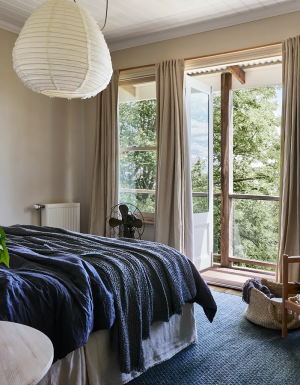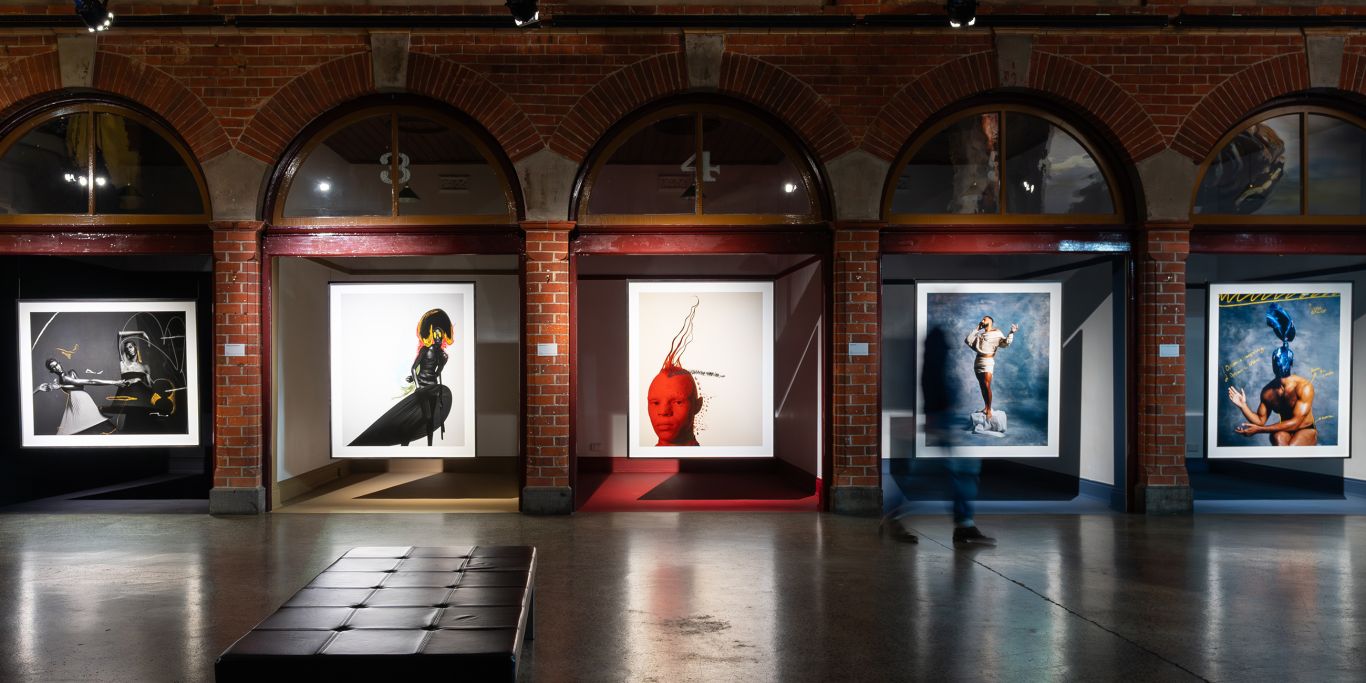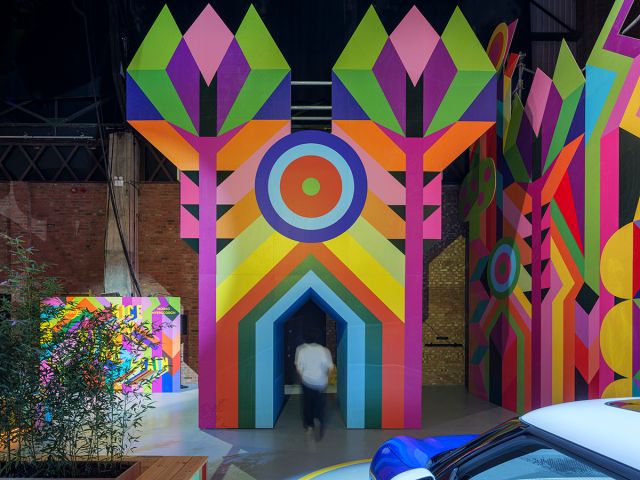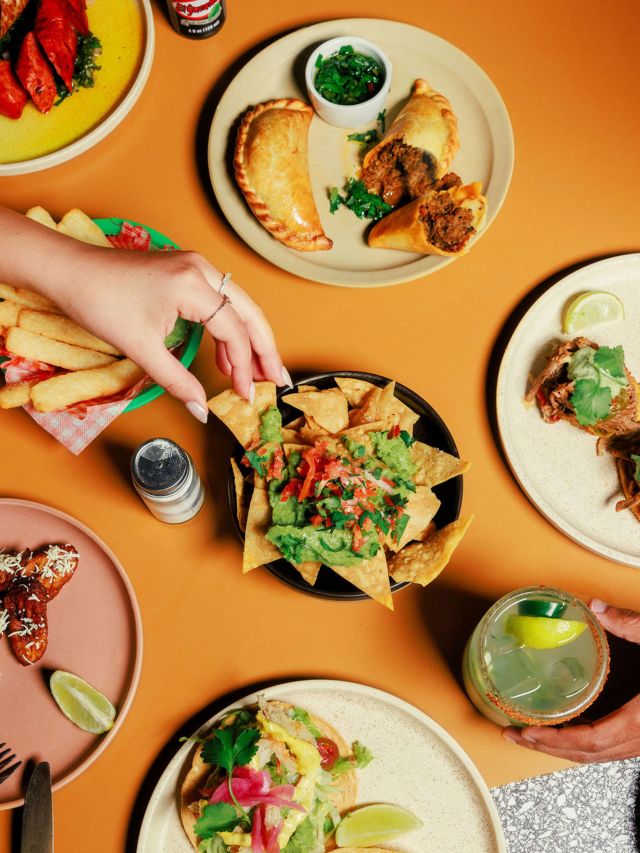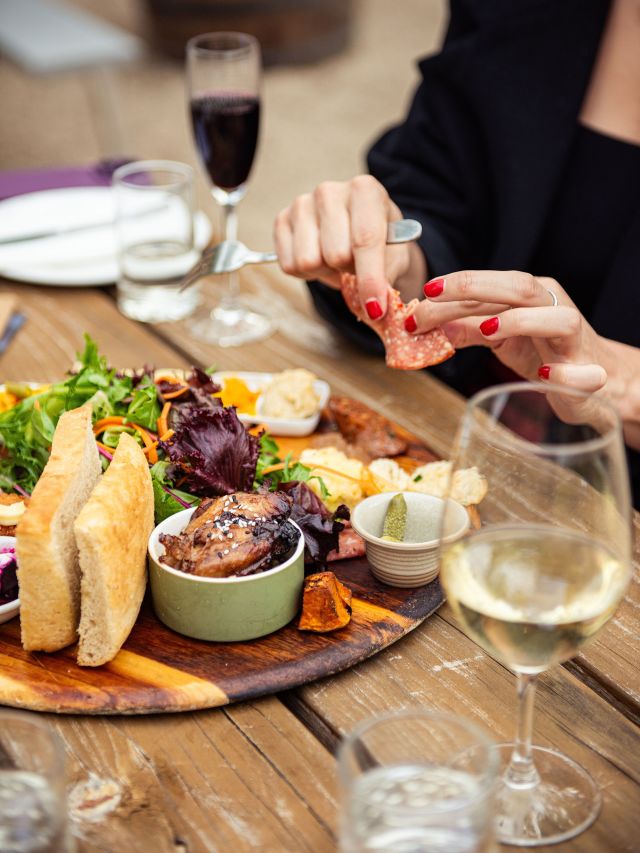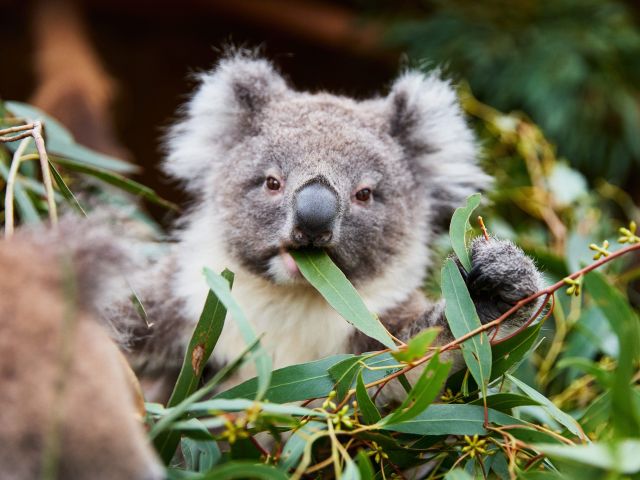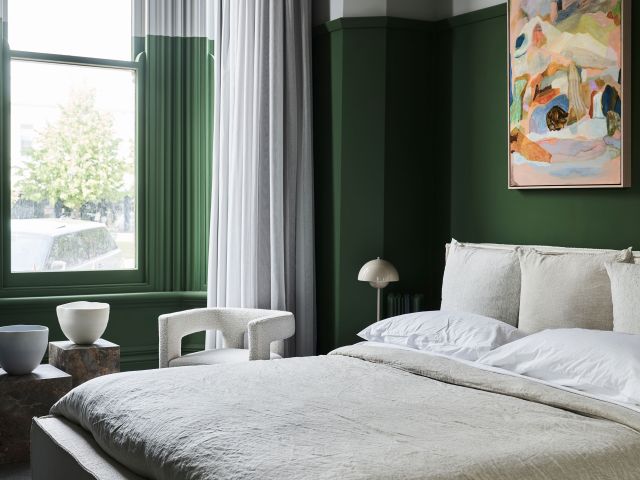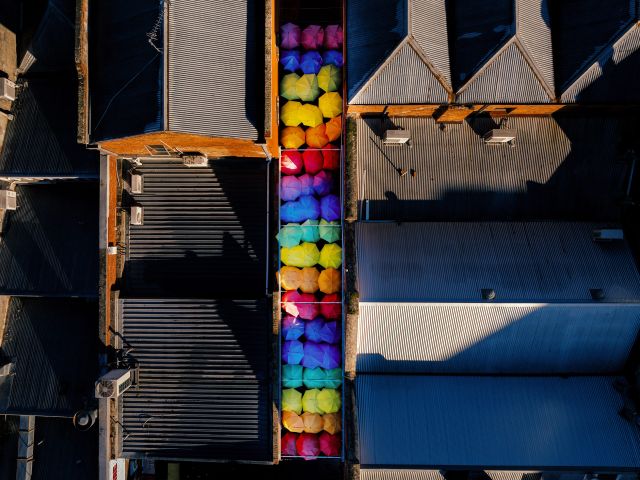The one festival that needs to be on every bookworm’s to-do list.
There are few things more pleasurable than falling headfirst into a good book – except, perhaps, falling headfirst into a town full of them. It’s exactly what you’ll find in Clunes. The quaint hamlet in the heart of Victoria’s goldfields, which, since 2007, has been host to the Booktown Festival, an annual two-day event that brings together more than 60 booksellers across Victoria.
What’s a Booktown?
According to the International Organisation of Book Towns (and there are 17 official Book Towns across the world), a Book Town is “a small rural town or village in which second-hand and antiquarian bookshops are concentrated."
Mostly, the organisation says, they develop in villages “of historic interest or of scenic beauty". Clunes is both of those in spades.
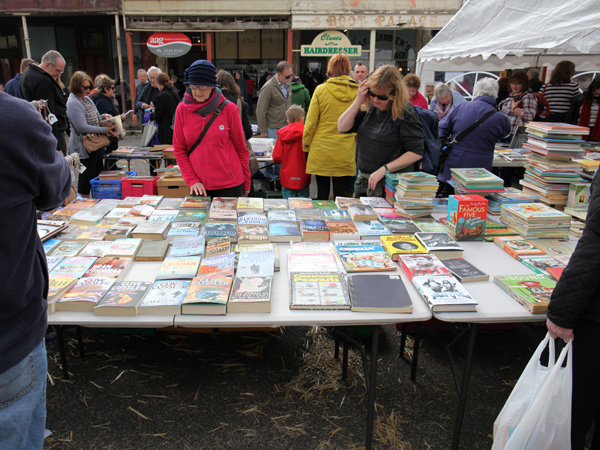
Arriving at the Festival
When you lay your eyes on the surrounding environs, it’s not hard to see why what started as a humble day-long event has turned into a two-day festival. Burnt orange leaves adorn the drooping trees that mark the town’s entrance, while many of the buildings lining its busiest street remain unchanged from the gold rush days of the 19th-century. Despite being relatively close to Melbourne (90 minutes north-west of the CBD), it retains the nostalgic feeling of a town where time stands fantastically still.
Festival-goers can discover the largest collection of rare, out-of-print and collectable books in Australia, whilst exploring heritage buildings, listening to live music, watching street performers, enjoying local wines and produce with fellow literature lovers.
Purchases
Barely 30 minutes pass before I make my first purchase. Run by the affectionately monikered ‘Bookie’, Melbourne institution The Book Grocer has been bringing its collection of new fiction, essays, art books and even military texts to the festival at its standard price of $10 a book for the past six years. Bookie tells me it’s one of his favourite times of the year (perhaps because it guarantees delicious nosh at the nearby Farmer’s Arms in Daylesford, where we spy him later that night).
And even though $10 a book might be on the steeper side of prices here (other stalls are selling second-hand books for what appears to be a handful of beans), I still lumber to the car with The Best Australian Essays 2010, Jamie Oliver’s America and Kazuo Ishiguro’s Nocturnes before returning for more.
The Experience
There’s something a little bit magical about the place, with wonderfully costumed characters strolling the streets as if they materialised just for this occasion. The theme was Alice in Wonderland, so it wasn’t uncommon to pass by the odd White Rabbit or Cheshire Cat browsing the stacks. In the background, sounds of a big brass band tinkle through the streets, melding with the distinct scent of a proper country sausage sizzle.
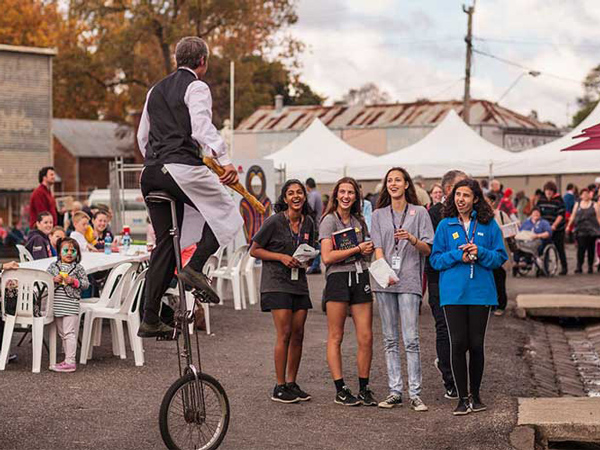
Squint your eyes hard enough and you could almost imagine yourself thrust into the middle of a picture book or a painting – as if you’d been spirited away by one of Roald Dahl’s witches, or transported through a colourful chalk drawing by the magical Mary Poppins.
Of course, half the fun of being in an open-air festival is the people watching. Under the crisp winter sky, I watch with delight as children run wild in a straw maze or gather for a tea party with the Mad Hatter. I eavesdrop surreptitiously as a passionate autodidact discusses Japanese military history at a stall devoted to such things.
There is a particular kind of joy that comes from observing hobbyists stumble upon obscure additions to their collection. I feel it myself when I later find an old pregnancy manual complete with illustrations and the retro advice of a pre-feminist era. It seems Booktown really has something for everyone.
According to Bookie, rumour has it Clunes established Booktown because it wanted to avoid being lumbered with the tag of ‘sewerage town’, after a 10-year battle to prevent a stand-alone system looked set to fail. The town decided it was better to be known for books than waste. And who can blame them? Outside of festival time, Clunes boasts eight bookstores and two online traders. The festival not only has a huge selection of books (new and used), but roving buskers, performances, and a series of talks with authors – all for the grand entry fee of $5.
Surrounds
Of course, one can’t mention Clunes without also acknowledging how close it is to Victorian spa country which, naturally, calls for one to make a weekend of it. We retreat that evening to our little rental on the lake at Daylesford and, by the warm light of our gas log fire, peruse our newfound purchases with all the enthusiasm that only good books can bring.
The Details
The annual Booktown festiva l happens at the beginning of May.
And if you’re around the area any other time of the year, Clunes has got you covered with Booktown on Sunday. Happening on the third Sunday of every month, writers come around and hold a series of talks, absolutely free. Whether you’re a budding author yourself or just a book-worm, this town is the hub of ideas and the arts.
Check out Dayget for great accommodation in Daylesford.
See photographer Jesse Booher’s ‘Fly on the wall in Booktown’ photo essay.
